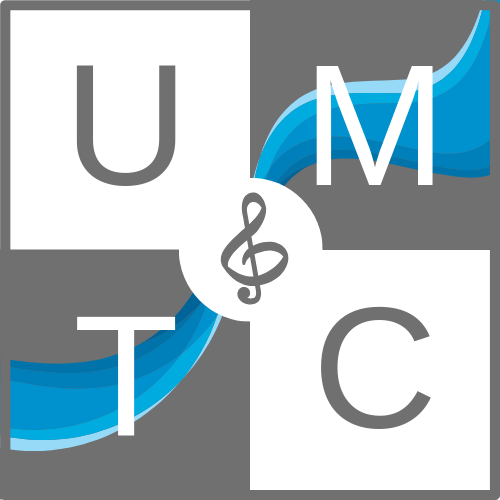Did you know that there are many ways to learn how to sing or play instruments? For some individuals, the “traditional” way of learning a musical skill may simply not be as effective or create a successful learning environment, possibly due to physical or mental limitations, learning impairments, emotional struggles, or other challenges.
Adapted music lessons provide an environment where individuals can thrive and be successful. Lessons are tailored specifically to the individual’s strengths, skills, competence levels, and physical and emotional capabilities.
As music therapists, we are specifically trained to recognize individual needs and strengths, and to create an environment for success. We do this by meeting each individual where they are and utilizing their assets to determine the best starting point for learning. We can teach musical skills in ways that are most effective for that individual, using various tools and strategies that will tailor success and satisfaction. Even if the individual can learn in a more traditional manner, we are able to address specific needs that may arise.
Adaptive methods for music instruction may include matching colors, letters, numbers; use of songs or rhythmic chants to help retain the information; use of nontraditional tunings; varying lesson lengths based on abilities; or strategically planned breaks and rewards. All methods are specifically planned to create a success-oriented experience.
Here are a few examples of how we may adapt lessons to meet specific needs:
- Colors, shapes, letters, numbers, etc., rather than complex musical notation
- Stickers or templates
- Alternate or simplified tuning methods
- Tools such as “Chord Buddy” or “Rock-iT Barre” for the guitar
- Simplified, enlarged, or highlighted music
- Schedules/Checklists to help with structure and predictability
- Emphasis on favorite songs and music styles for increased motivation
- Sensory breaks or engaging in preferred music activities between challenging tasks
Participating in music lessons can have a variety of benefits outside of just learning the skill:
- Raised self-esteem
- Improved focus and attention to task
- Increased ability to complete tasks
- A more positive mood
- Improved Eye/Hand Coordination
- Improved Fine Motor Planning
- Improved Auditory Processing
- Improved Sensory Tolerance
Adapted lessons are available for a variety of instruments including voice, piano, guitar, ukulele, violin, flute, clarinet, saxophone, and trumpet. All lessons provided by Upstate Music Therapy Center are taught by a board-certified music therapist.
If you or your child are interested in pursuing adapted lessons, feel free to scroll down and send us a message using the Contact Us form. If you are unsure about where to start, we can assist in determining what instrument may be the best fit for you or your child to begin with.

